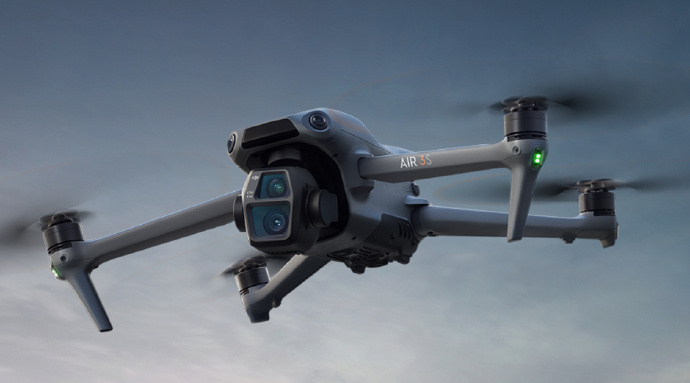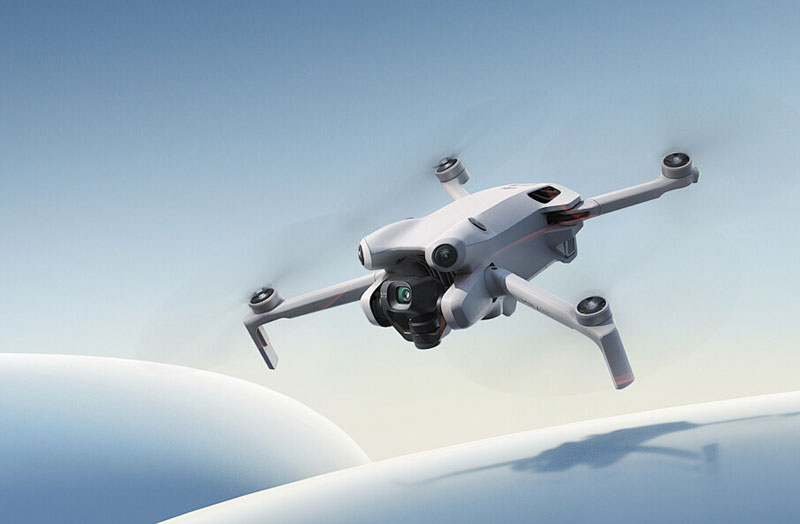The Strategic Role of Russian Drones in Contemporary Warfare
The modern battlefield is continuously evolving, with advancements in technology playing a crucial role in shaping military strategies. Amongst these developments, Russian drones have significantly impacted how wars are fought today. Historically, drones have transitioned from simple reconnaissance tools to integral components of offensive strategies. Let’s delve into how these aerial platforms have altered warfare dynamics in recent years.
To fully appreciate the strategic significance of these unmanned systems, it is essential to understand their dual capabilities: surveillance and combat. Russian drones are known for their ability to provide detailed aerial surveillance, offering military forces real-time data on enemy movements and positions. This capability alone has revolutionized tactical planning, enabling precise strikes and minimizing collateral damage.
Advancements in Drone Technology

One of the key aspects of Russian drones is their technological sophistication. Equipped with cutting-edge sensors and imaging equipment, they can operate effectively in various environments, from dense urban areas to remote, hostile landscapes. The integration of artificial intelligence further enhances their operational efficiency, allowing for autonomous navigation and decision-making processes in complex scenarios.
Moreover, Russian drone technology has seen advancements in payload capacities. Modern drones can carry a range of weaponry, thereby transitioning from passive surveillance roles to active combat participants. This shift not only changes the order of battle but also poses significant challenges to adversary defense systems, necessitating the development of new countermeasures.
Russian Drones in Tactical Operations
The use of drones in tactical operations has been particularly prominent in recent conflicts involving Russia. These platforms offer a myriad of advantages, such as low operational costs and reduced risk to personnel. Drones like the Orlan-10 and Forpost have featured heavily in various military interventions, providing critical intelligence and supporting ground troops with continued oversight.
Notably, in conflicts where air dominance is contested, Russian drones serve as reliable alternatives to manned aircraft, offering sustained aerial presence without risking pilots’ lives. Their ability to operate in electronic warfare environments further strengthens their utility, as they can jam or disrupt enemy communications and defenses with specialized equipment.
The Ethical and Strategic Implications

The proliferation of Russian drones raises important ethical and strategic questions within the international community. The ease with which drones can be deployed and their capability to execute targeted strikes remotely bring the ethics of engagement into question. There is an ongoing debate regarding the rules of warfare and how these should be modified to account for the unique challenges posed by unmanned systems.
Strategically, the increased reliance on drone warfare could spark an arms race, leading to advancements not just in offensive drone capabilities but also in anti-drone defense systems. Neighboring countries and international adversaries might feel compelled to augment their aerial defenses, prompting further instability in already volatile regions.
Future Prospects and Developments
Looking forward, it is anticipated that Russian drone technology will continue to advance, with potential developments including longer flight ranges, enhanced stealth capabilities, and more sophisticated autonomous functions. These improvements will likely make Russian drones even more effective and ubiquitous in modern military operations, further cementing their role as pivotal instruments of warfare.
Frequently Asked Questions
- What are some notable Russian drones used in military operations?
Russian military operations often feature drones like the Orlan-10 and Forpost, known for their robust surveillance and offensive capabilities. - How have drones changed the landscape of modern warfare?
Drones have transformed modern warfare by providing unparalleled surveillance, reducing the risk to ground forces, and offering new offensive options. - What ethical issues arise from the use of drones in combat?
The use of drones in combat raises ethical issues such as the potential for increased civilian casualties, the depersonalization of warfare, and the complexities of targeting decisions in remote operations.
